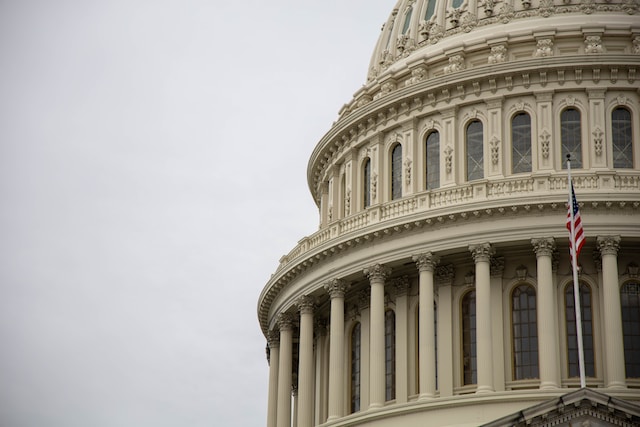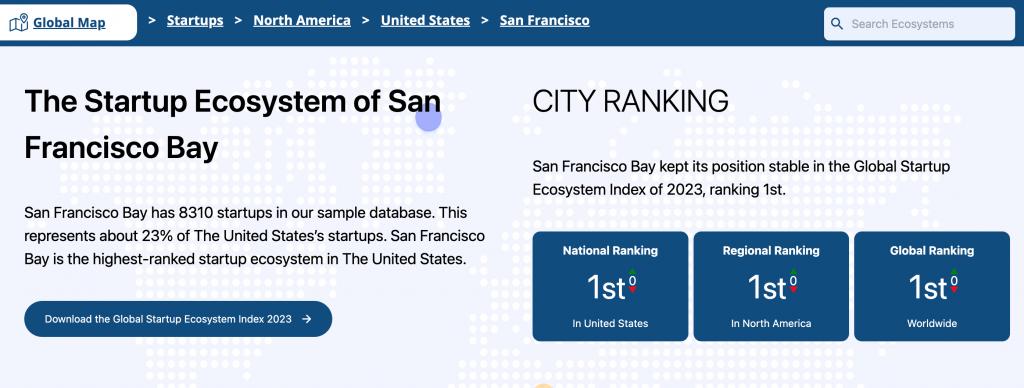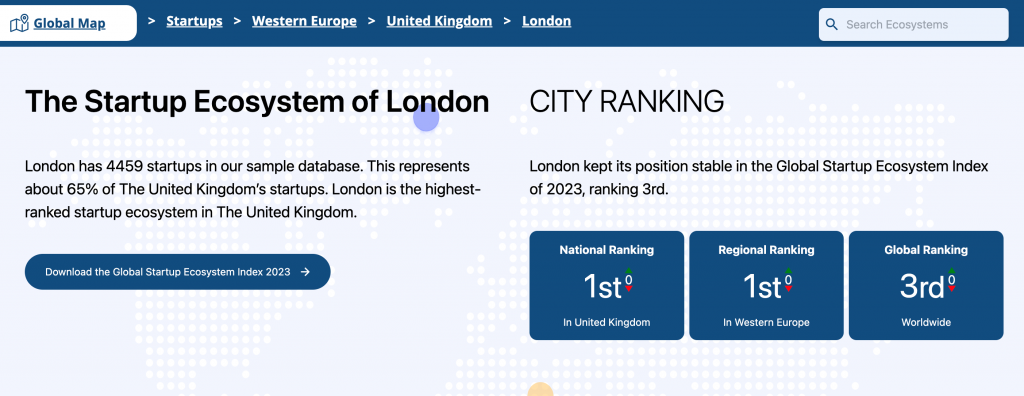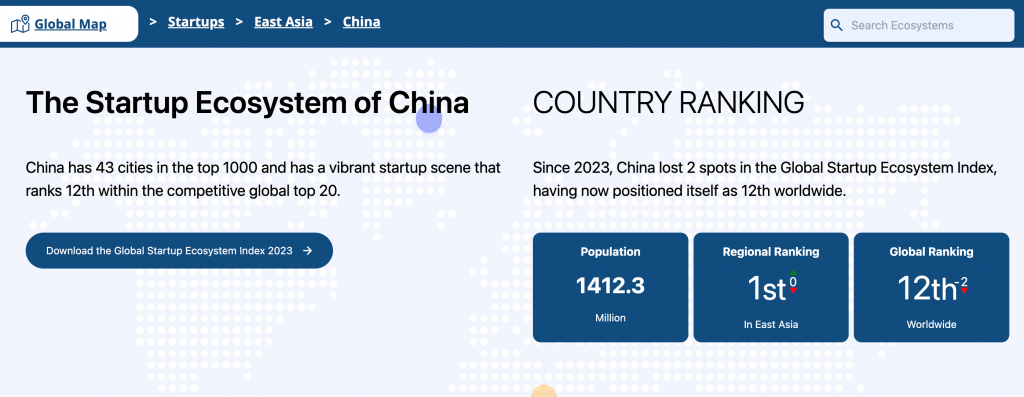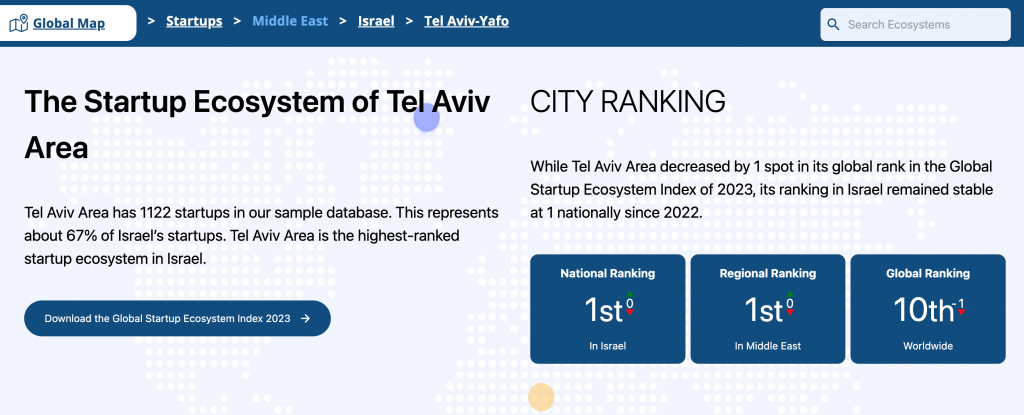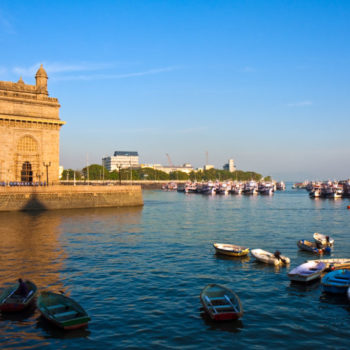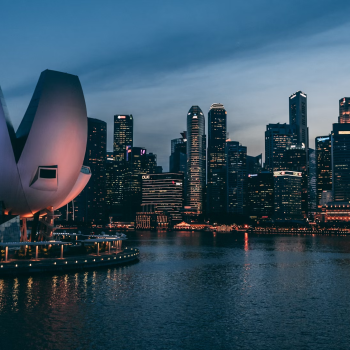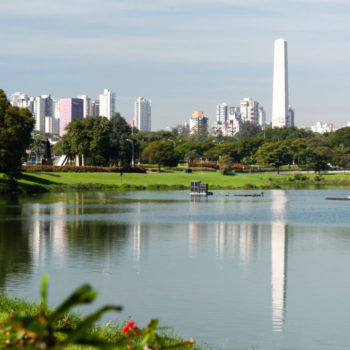Government policy has a profound influence on the growth and success of startup ecosystems. However, not all policies are created equal, and some have inadvertently hindered the development of top startup cities.
In this blog article, we will delve into the impact of government policies on five prominent ecosystems, examining the pitfalls that have impeded their growth and exploring the lessons they offer for emerging ecosystems.
Would you like to analyze your startup ecosystem with StartupBlink?
Gain in-depth insights into your ecosystem’s strengths and weaknesses. Compare and attract investment and talent by benchmarking against other cities/regions. Our comprehensive reports provide a future roadmap, recommendations, policy advising, and legislative infrastructure tailored to your ecosystem’s needs. Drive sustainable growth and success with our specialized analysis.
San Francisco: The Expensive Queen
San Francisco, often regarded as the queen of startup ecosystems, has encountered significant challenges due to government policies. The city’s skyrocketing cost of living has made it increasingly unaffordable for startups and their employees. High rental prices and housing shortages have forced entrepreneurs to relocate or struggle to attract and retain talent. Additionally, concerns about safety and rising crime rates have dampened the entrepreneurial spirit, prompting some startups to seek alternative locations.
Despite these challenges, San Francisco continues to dominate the global startup scene. In fact, according to the StartupBlink Index, San Francisco ranks first with a significant lead over other ecosystems. Each year, the gap between San Francisco and other cities has been decreasing, indicating the rise of strong competitors. However, this year, the total score gap remained almost the same as last year, signaling that no other ecosystem is likely to surpass San Francisco in the near future.
This demonstrates the enduring strength of San Francisco’s startup ecosystem, even in the face of government policy challenges. Its established network of investors, access to capital, and vibrant entrepreneurial culture continue to attract talent and fuel innovation. While the city may face hurdles, its position as a global startup powerhouse remains unshaken.
London: Talent Shortages Following Brexit
London, ranked third globally, has long been a thriving startup hub. However, the decision to leave the European Union, known as Brexit, has created a talent crisis in the city. Changes in immigration policies have made it more challenging for startups to access a diverse pool of international talent. As a result, London is experiencing a talent drain that poses a serious threat to its position as a global innovation center.
The availability of skilled workers is crucial for startups to sustain their growth and competitiveness. The talent shortage following Brexit has left many startups struggling to find the expertise they need to thrive. The loss of access to the European talent pool, with its diverse skills and perspectives, has hindered London’s ability to attract and retain top talent.
To mitigate this challenge, London must adapt its policies to facilitate the entry of skilled professionals and entrepreneurs from around the world. Creating a welcoming environment for international talent will be vital for the city’s startup ecosystem to continue flourishing and maintaining its global standing.
Beijing and Shanghai: Decoupling from Global Ecosystems
Beijing and Shanghai, two prominent startup hubs in China, have encountered setbacks as a result of the government’s efforts to decouple from the global startup ecosystem. Political tensions and regulatory crackdowns against tech giants have created an atmosphere of uncertainty, deterring investors and stifling innovation. Startups in these cities face significant challenges in scaling their businesses and forging international partnerships.
The government’s focus on tightening control and minimizing risk has hindered the growth potential of these once-promising ecosystems. The crackdowns on tech companies, such as increased scrutiny on data security and antitrust measures, have disrupted the operations of startups and made it more difficult for them to navigate the regulatory landscape.
As a consequence, Beijing and Shanghai have witnessed a decline in investor confidence and a slowdown in international collaborations. The government’s prioritization of stability and control has come at the expense of the vibrant and dynamic nature of these startup hubs, impeding their ability to compete on the global stage.
To regain momentum, it is crucial for the government to strike a balance between regulation and fostering innovation. Nurturing a supportive environment that encourages entrepreneurship, attracts investment, and promotes international partnerships will be essential for revitalizing the startup ecosystems in Beijing and Shanghai.
Tel Aviv: Unpopular Government Policies
Tel Aviv, a thriving startup ecosystem ranked tenth globally, has encountered obstacles arising from unpopular government policies. Recent attempts to overhaul the country’s judicial system and alter the democratic framework have raised concerns among entrepreneurs and investors alike. The resulting uncertainty and political instability have created a degree of hesitancy within the startup community, impacting the ecosystem’s progress and potential.
To maintain its competitive edge, Tel Aviv must effectively navigate these challenges and work towards creating a favorable environment for innovation and entrepreneurship. The startup ecosystem’s success relies on stability, clarity, and supportive policies that encourage risk-taking and investment.
Government leaders in Tel Aviv should prioritize open dialogue and collaboration with the startup community to address their concerns and understand the impact of policies on their ventures. Striking a balance between necessary reforms and maintaining a conducive ecosystem will be key to sustaining Tel Aviv’s position as a global startup powerhouse.
Lessons for Emerging Ecosystems
While the challenges faced by these top startup ecosystems are evident, they also offer valuable lessons for emerging ecosystems striving to establish themselves on the global stage. Here are some key takeaways:
- Stability and Transparency: Governments should prioritize stability and transparency in their policies to instill confidence in the startup community. Uncertainty and unpredictability can deter entrepreneurs, investors, and talented individuals from engaging in the ecosystem.
- Supportive Regulatory Environment: Striking the right balance between regulation and innovation is crucial. Governments should foster a supportive regulatory environment that encourages entrepreneurship, promotes fair competition, and protects intellectual property rights.
- Talent Attraction and Retention: Policies should focus on attracting and retaining talent, both domestically and internationally. Immigration policies should facilitate the entry of skilled professionals and entrepreneurs, ensuring a diverse and vibrant talent pool.
- Collaboration and Partnerships: Governments should actively promote collaboration between startups, academia, research institutions, and established businesses. Encouraging knowledge-sharing, mentorship programs, and facilitating access to funding can drive innovation and accelerate growth.
Conclusion
Government policies play a crucial role in shaping the growth and success of startup ecosystems. The challenges faced by top startup cities like San Francisco, London, Beijing, Shanghai, and Tel Aviv serve as valuable lessons for emerging ecosystems. It is essential for governments to recognize the impact of their policies and take proactive measures to support and nurture their startup communities.
To avoid hindering the progress of their ecosystems, governments must prioritize stability, clarity, and favorable conditions for entrepreneurship. Learning from the mistakes of others, emerging ecosystems have the opportunity to create a thriving environment that attracts talent, fosters innovation, and drives economic growth.
About Us:
StartupBlink is the world’s most comprehensive startup ecosystem map and research center, working with over 100 government entities worldwide. StartupBlink’s global startup ecosystem map has tens of thousands of registered startups, coworking spaces, and accelerators, creating a robust sample of innovation globally.
Our Partners:

